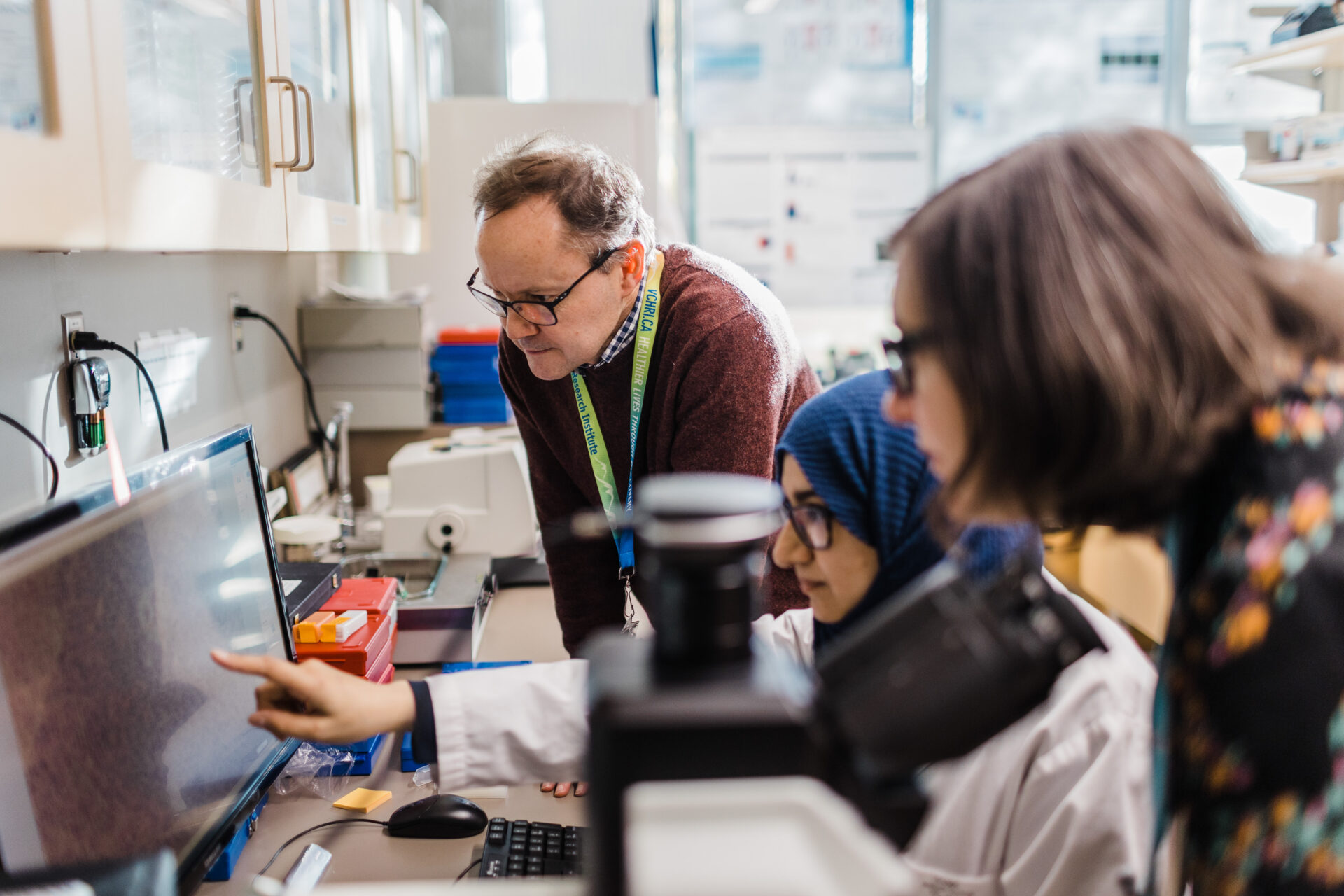(July 29, 2015) Research published online in the Journal of Clinical Oncology shows that upon completion of primary therapy, women with low-grade serous carcinoma of the ovary (LGSOC) or peritoneum (LGSPC) who are under the age of 35 and have persistent disease face worse outcomes.
Researchers at the University of Texas MD Anderson Cancer Center in Houston, TX, evaluated 350 patients who were diagnosed with stage 1 to 4 LGSOC or LGSPC before January 2012. LGSOC and LGSPC are rare subtypes of ovarian and peritoneal cancers that are characterized by young age at diagnosis and resistance to chemotherapy.
The researchers found that women over the age of 35 had a 43% reduced likelihood of dying compared to those 35 and younger. Additionally, having disease present upon completion of primary therapy was associated with a 1.78 increased hazard of dying compared to being clinically disease-free.
Women with LGSPC were found to have a 41% decreased likelihood of dying compared to those with LGSOC. “Patients with LGSPC seem to have a better prognosis than those with LGSOC,” the authors concluded.
Read the abstract here.


